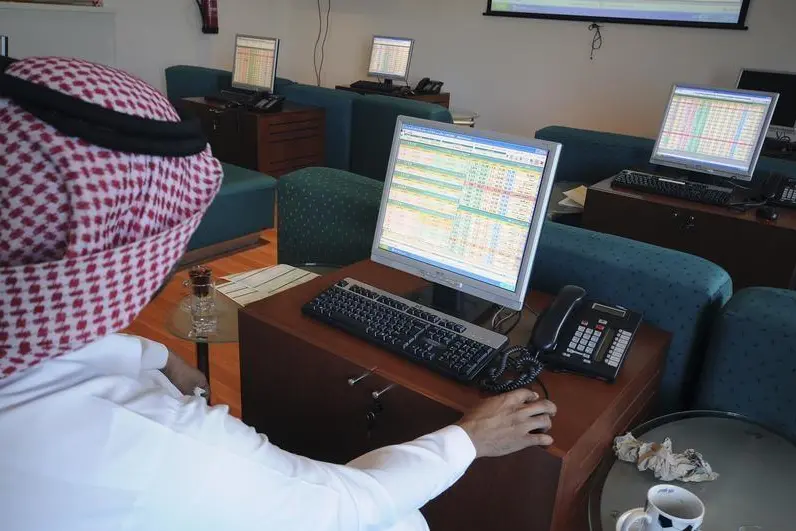PHOTO
Fitch Ratings has placed all 10 Saudi Arabian banks' Viability Ratings (VRs) on Rating Watch Negative (RWN) reflecting heightened risks of unexpected severe and prolonged deterioration in the domestic operating environment.
The Long-Term Issuer Default Ratings (IDRs) of four of these banks were also put on RWN, the ratings agency said in a note issued Monday.
The RWN placed on all Saudi Arabian banks' Viability Ratings reflect “heightened risks of unexpected severe and prolonged deterioration in the domestic operating environment for Saudi banks following the sharp fall in oil prices, which came just a few days after the interest-rate cuts by the Saudi authorities following the Fed rate cut.”
As there is little visibility on the authorities' response in terms of government spending, there are uncertainties about the length of a potential shock and its impact on the banking system, the agency said.
Lower government spending into key sectors of the economy and delayed payments could have a domino effect on most sectors of the economy. Building and construction, contracting, hospitality (also under pressure from the coronavirus), retailers, or car dealers are likely to be particularly affected, which in turn would likely impair borrowers' ability to service their debt.
Saudi banks are exposed to tightening liquidity if the government withdraws deposits from the banking system to fund the fiscal deficit. At end-2019, government entities' deposits accounted for 23 percent of system wide deposits.
Asset quality deterioration could also be sharp and exacerbated by lower growth while at the same time revenue would suffer from lower interest rates and subdued new business, according to Fitch.
The RWN on the Long-Term Issuer Default Ratings of National Commercial Bank (NCB), Al Rajhi Bank (ARB), SAMBA Financial Group (SAMBA) and Saudi British Bank (SABB) reflect that a downgrade of their VR would lead to a downgrade of their IDRs as these are VR-driven.
Fitch will resolve the RWN in the next six months once it has assessed how this economic shock impacts the banking system and the credit profiles of each bank, as well as their ability to adapt.
Saudi banks' ratings could remain at their current levels if Fitch believes the operating environment is still supportive of the current ratings and if the level of liquidity in the system has held up.
“This would need to be combined with asset-quality metrics, impairment charges, net interest margins, liquidity and capital ratios not having been significantly hit by weaker economic conditions.”
(Writing by Brinda Darasha, editing by Seban Scaria seban.scaria@refinitiv.com )
#SAUDI #BANKS #FITCH #OIL #FINANCIALSERVICES #BANKING
Disclaimer: This article is provided for informational purposes only. The content does not provide tax, legal or investment advice or opinion regarding the suitability, value or profitability of any particular security, portfolio or investment strategy. Read our full disclaimer policy here
© ZAWYA 2020




















